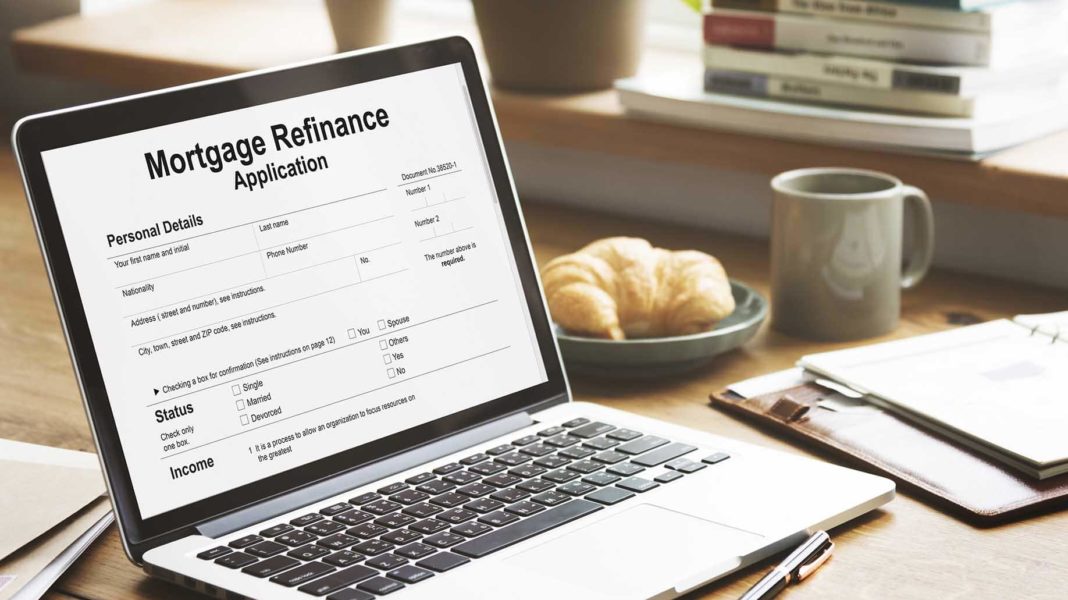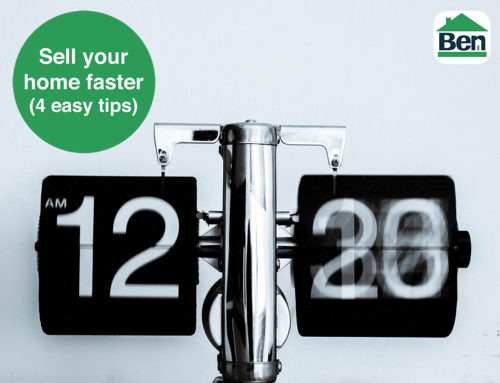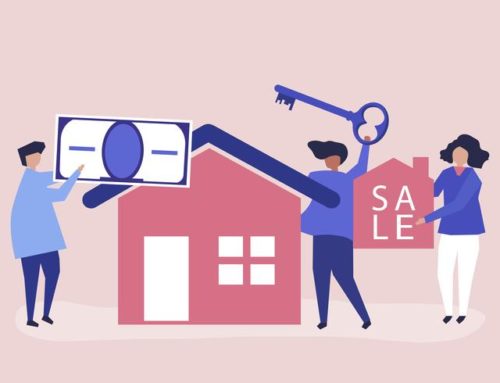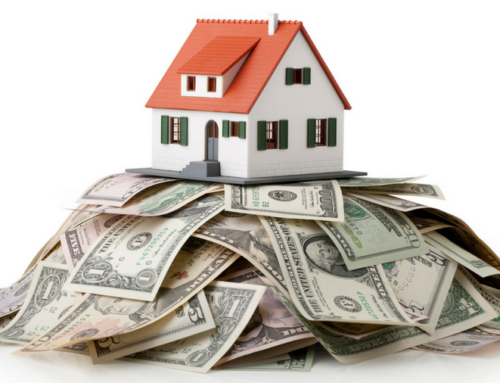Sometimes refinancing your home is necessary and other times, even though it may be needed, is just not feasible. We’re going to discuss the pros and cons of refinancing your home so that you can make an educated decision and do what’s best for your situation.
As mortgage rates drop, lenders tend to see more and more homeowners contacting them to refinance their mortgage. It makes sense, but it’s not always the best option for everyone. Watch this video on a beginners guide to refinancing for more information.
Reasons for Refinancing
There are several reasons people look to refinance their homes, the biggest is to save money. Homeowners can save money by paying less interest, lowering their monthly payments, lowering the length of the loan term, to consolidate other debts and changing from an adjustable rate to a fixed rate loan.
Pros and Cons of Refinancing Your Home
Pros of Refinancing Your Home
If your mortgage interest is pretty high, refinancing when the rates are low can result in huge savings both now and over the life of your loan. The pros to refinancing your home include:
- Lower Interest Rate: Obtaining a lower interest rate is the number one reason people refinance their mortgage loan. Refinancing can allow a homeowner to keep their home and preserve their credit.
- Lower House Payment: Refinancing with a lower interest rate will result in a lower monthly house payment. As an example; the difference between a $150,000 mortgage loan with a 6% interest rate and a 3% interest rate is just over $250 per month. Those financially struggling will definitely feel the relief that a $250 mortgage savings can bring.
- Obtaining a New Loan Term: Homeowners can also refinance for a shorter loan term with larger payments. This option is good for those who can afford to pay more and get the loan paid off sooner. This can result in huge savings on interest payments.
- Drop Mortgage Insurance: When you bought your house, if your down payment was less than 20 percent, you were required by the lender to purchase mortgage insurance. When refinancing your home, if your home value increased enough, you will no longer need to pay the mortgage insurance, thus lowering your payment.
Cons of Refinancing Your Home
While refinancing can appear to make good financial sense to you, the process isn’t always so delightful. Knowing what to expect during a request for refinancing will save you headaches, frustration and stress.
- Applying for a New Mortgage: Mortgage lenders are more cautious and will tediously scrutinize your credit report and financial information. You may end up with a rejection of the refinancing request, or worse – you may be approved at a higher rate. It’s important to know that having a current mortgage does not equal an automatic approval for refinancing.
- Refinancing Costs: The cost of a new loan is one of the biggest shocks to the homeowners. Paying closing costs can cost homeowners between three and six percent of the loan balance.
- Other Fees: You should also be aware of other fees required for the home appraisal, which include; the application fee, credit report, title search, point discount fees, and loan origination fee.
Mortgage-related fees are generally paid out-of-pocket at the time of closing. Some lenders will include these fees into your loan balance. This raises your monthly payment and results in not so much of a savings.
- Low Appraisal: Home appraisals are performed to estimate a property’s worth. Recent comparable sales in the area are used to assess a home’s value and can include foreclosed properties in that estimate. These properties will bring down the value of your appraisal.
Improving Spending Habits
Websites like Debt.org state that utilizing money from a home equity line of credit (HELOC) to pay off your debts, won’t necessarily improve the spending habits that led to your debt situation in the first place. It’s important to learn how to not live beyond your means. You don’t need to have the biggest cable or dish package on the market or the most expensive cell phone plan around.
Go over your budget and determine what is absolutely needed and what would benefit your bank account by eliminating or lowering. This includes car payments, vehicle and house insurance, use of credit cards, etc. You’ll need to be honest with yourself if you really want to make a change to your finances.
If you find that refinancing is not a good option for you, you could consider selling your home and finding one that’s more affordable for you. If you need to sell quickly to prevent foreclosure from taking place, try selling your house fast and for cash.
Contact BenBuysIndyHouses.com to learn how to get your home sold for cash in 30 days or less.





